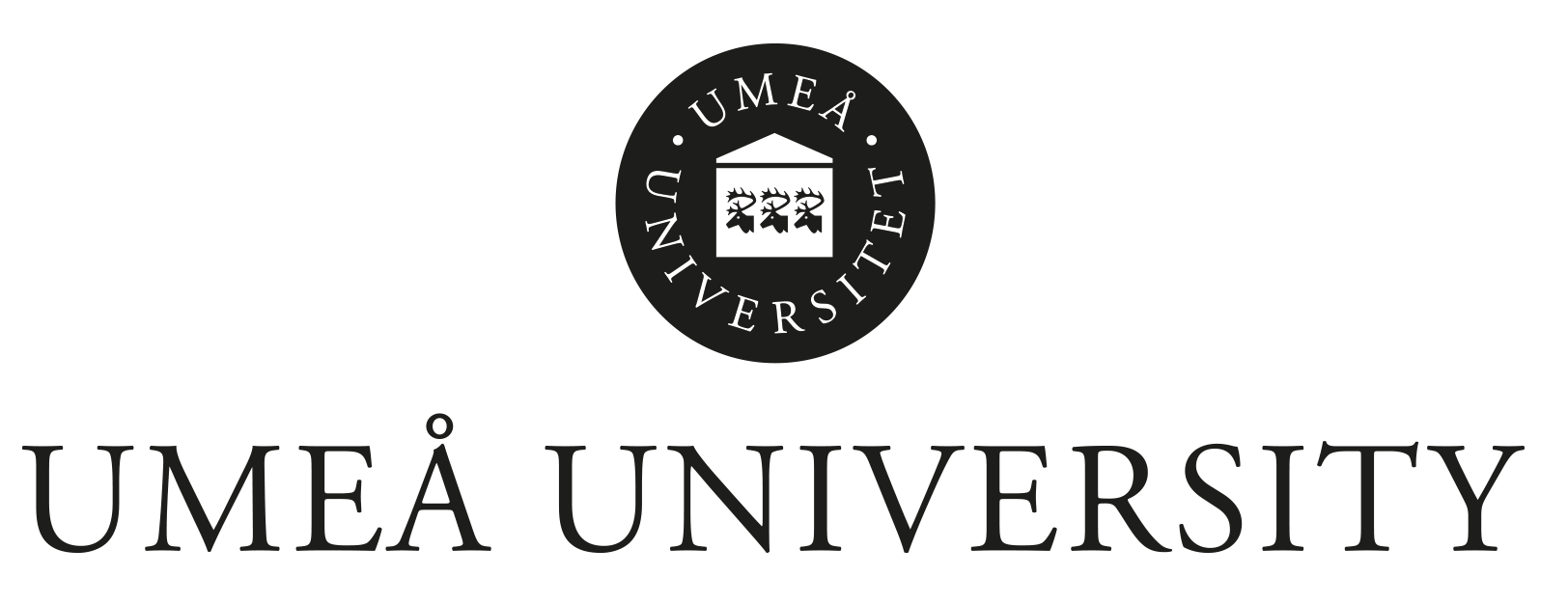Warm velcome to the first Post Industrial Making Working Group meeting. This group brings together researchers exploring possibilities and challenges in the intersection of traditional sloyd/craft and digital design, between hi-tech and low-tech making. Previous example projects include combining traditional and cultural woodcraft with digital laser cutting, and more technical explorations from architectural perspectives on making with recycled and living materials. Another focus is on contemporary subcultures of contemporary makers in relation to traditional crafts, framed as modes of sustainable, post-industrial design practice. The working group also brings attention to tinkering as an investigative practice within the creative fields, ranging from hacking, coding, circuit-bending, and bricolage.
In a Nordic context sloyd traditions embody a specific form of cultural heritage encompassing particular materials and techniques. Research in this working group spans all creative disciplines and works together to publish research articles, conduct hands-on workshops, and exhibitions. Examples include post-industrial approaches to high tech design, new sustainable forms and materials for architecture, traditional woodworking supported by digital fabrication tools.
Like to Join? Please contact working group chair Ylva Fernaeus Associate Professor at Umeå Institute of Design, and Deputy Director of UmArts.
